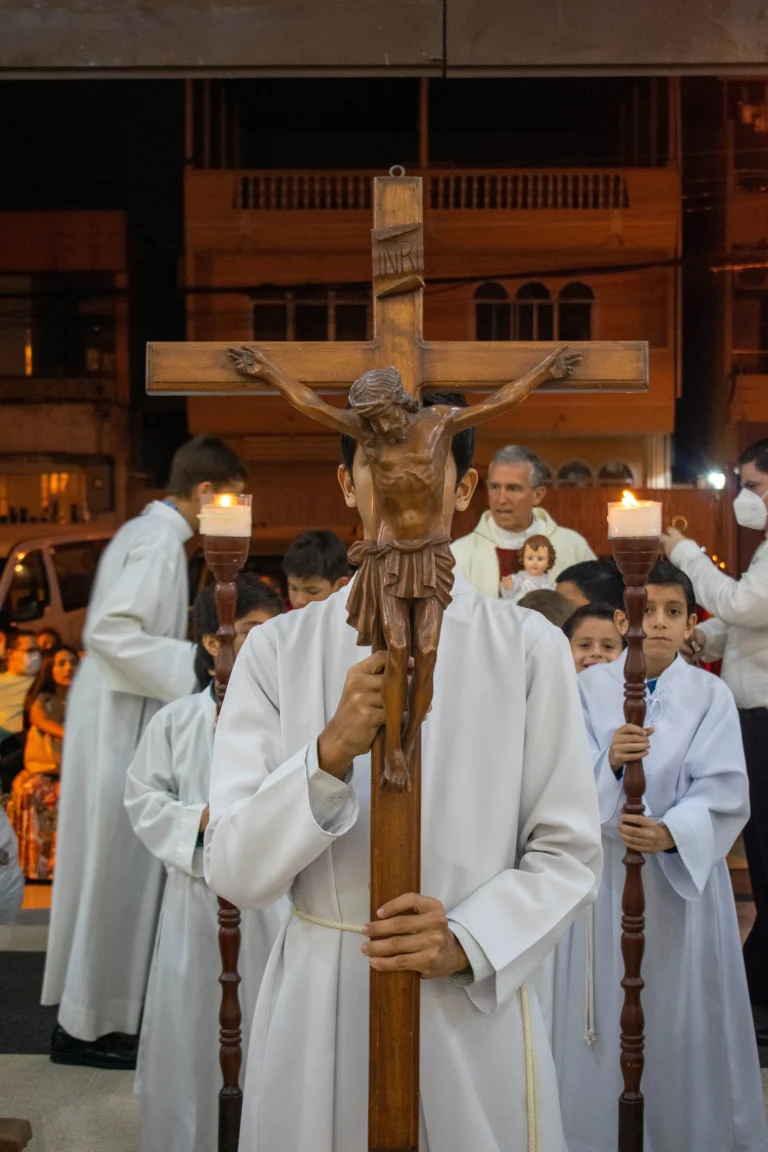When we look at the Birth Notices in our local newspapers, we find changes. More children than ever are given names with little, if any, historical meaning. A surprising number of children, both boys and girls, are being named “Dakota”.
Few who have been given that name have it preceded by “North” or “South”, so that even the geographical significance is as imprecise as the historical connotation. Few feel an impulse to ask a person named Dakota if they are named for the state of North Dakota, the state of South Dakota, or for the Indian Tribe named “Dakota”. It is not likely that an inquiry as to where that tribe may have originated will be followed by any real knowledge of the subject for the simple reason that there is none.
Creative names like “Tewanna” are frequently provided, similarly providing the recipients with no meaningful connection with the past. Imaginary names from other continents and cultures are increasingly popular, as are the names of characters from fantasy books.
We also see in newspapers’ Birth Notices that more children are born out of wedlock. The father of the child is frequently not the husband of the wife. Grandparents, mostly married, are listed on many birth notices. Not only do most of the grandparents share the same last name, but also, not a single one of them is named “Dakota”.
As bad as things are, it’s a wonder they aren’t worse. Amazingly, we are all living longer. Lifespans are increasing. It may even be that the same percentage of people are getting into Heaven.
We should probably be spending more time focusing on how we are going to do at Judgment than complaining about how badly others are doing.
Those more interested in the history of the Dakota may find this to be instructive. When reading, the importance of the name becomes repeatedly meaningful. Or, not. From
ECONOMICS DEPARTMENT
Thayer Watkins
They fought with the Ojibwa (Chippewa) tribes for control of their region. They Ojibwa obtained guns from the French in the early part of the 18th century and the Dakota tribes were driven to the area immediately west of Lake Michigan and south of Lake Superior in what is now Minnesota (It is actually Wisconsin that is immediately West of Lake Michigan.) Some of the Dakotas began migrating west into the Great Plains region. The Dakota tribes are often referred to by the name Sioux. (The subject of a Johnny Cash song.) This is based upon the name given to them by their enemies the Objibwa. Sioux is a French corruption of the Objibwa word Nadoussioux which meant Adder snakes and thus enemy. (For some, it is very easy to confuse “Souix” with “Nadoussiour”. For others, it is very hard.)
The names used by the Dakotas themselves for the various tribal dialect groups were Dakota, Nakota and Lakota. The outsider names for these three groups were Santee, Wiciyela and Teton. In the Santee dialect the word dakota meant allies. (What did “dakota” mean in the other dialects, the ones spoken by the Wiciyela and Teton? That’s what many of us would like to know before deciding to name our child “Dakota”.)
When the Lakotas left the Minnesota area they adopted a more nomadic life based upon horses, teepees and hunting buffaloes instead of bark houses and gathering wild rice. The Lakotas however did also take control of the Black Hills. The Santee or Dakota tribes were still living in the Minnesota in the middle of the 19th century. An uprising by the Santees resulted in defeat by the U.S. Army. Some of the surviving Santee fled to Canada, others were placed in reservations in Nebraska by the U.S. Army.
The Lakota or Tetons, who had transformed themselves from a sedentary forest people into roaming buffalo hunters. The Lakota fought in the U.S. Army in what are known as the Sioux Wars, 1866-68 and 1876-77. It was the Lakota who wiped out General George Custer unit in 1876 at the Battle of the Little Big Horn in Montana. After the Lakota were subdued they were settled in reservations in North and South Dakota and elsewhere.”
One may be excused for wondering why North and South Dakota were not, more accurately, named North and South akota.








